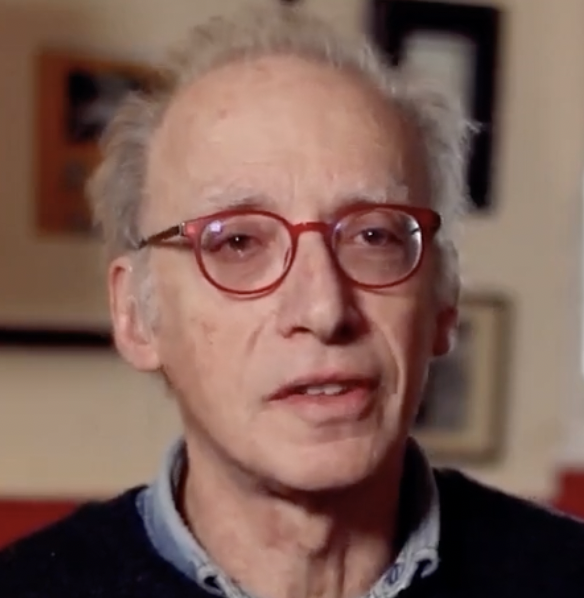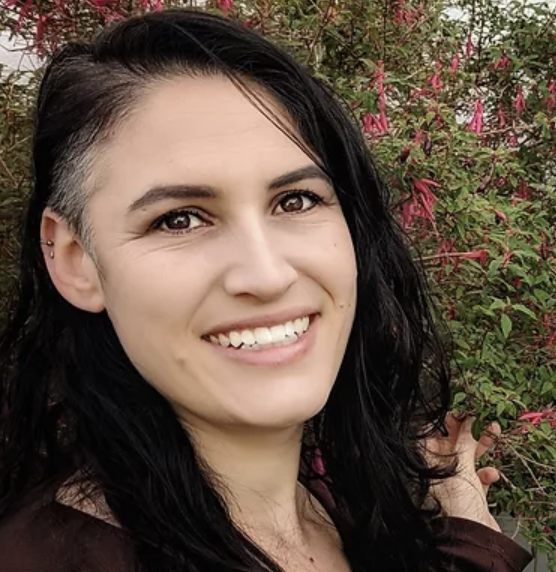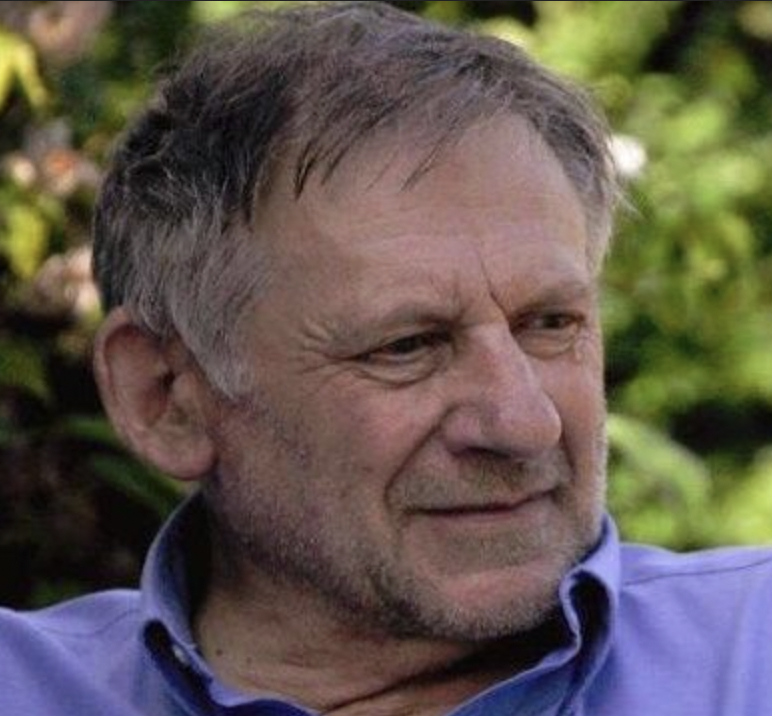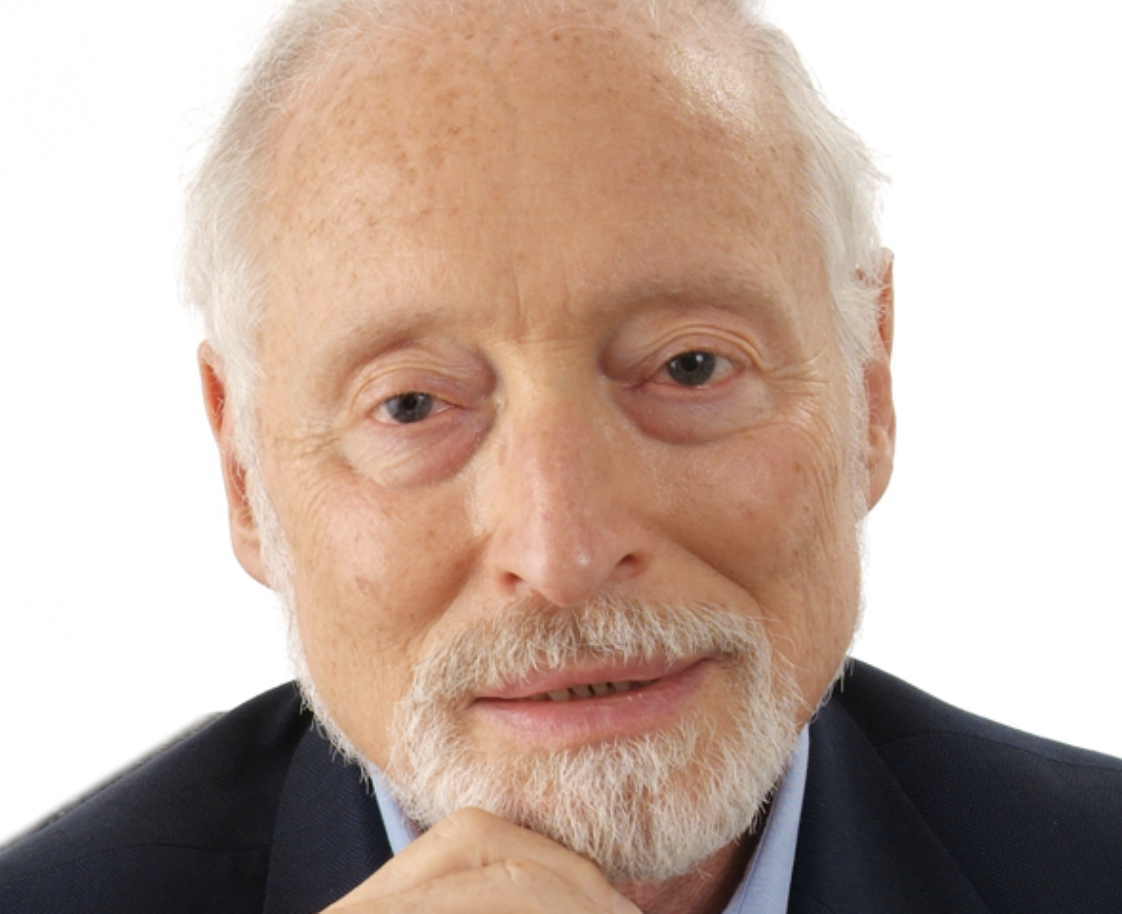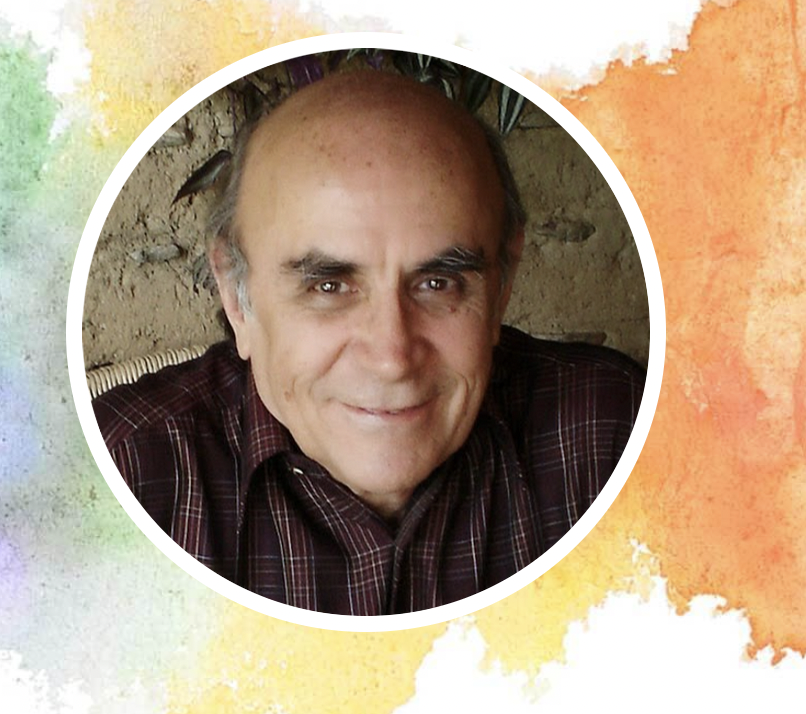Even though the oceans cover 70% of the Earth's surface and provide half the oxygen we breathe, they tend to be "out of sight, out of mind," especially in landlocked nations or regions. It's therefore important to recognize that the market/state system is hard at work ravaging this sector of the natural world, too. Industrial-style fish trawlers are overexploiting fisheries, pushing many to the brink of collapse, and mining companies are chewing up the ocean floor in search of oil, gas, nickel, cobalt, manganese, and rare-earth minerals.
How might the commons address these horrific market enclosures? In my latest podcast episode of Frontiers of Commoning (Episode #28), Guy Standing, an economist and scholar of the commons at SOAS University of London, offers some specific, practical answers. Standing has just published The Blue Commons: Transforming the Economy of the Sea, a book that synthesizes vast amounts of complicated maritime histories, international law, and ecological science to explain how commoning could curb the market/state's irresponsible, life-destroying treatment of oceans.

Guy Standing
Standing sees the ecological destruction of the seas as the predictable result of 'rentier capitalism'. This is the economic system that privileges expansive property rights, financialization, and industrialized exploitation of "resources" over all else. Corporate interests working with governments like to call its rip-and-run practices "blue growth" -- but it is actually a story about the tragedy of the market.
Companies systematically attempt to "de-commons" coastal fishing communities, claim patents on deepsea lifeforms, and exploit offshore mineral deposits. The South African company De Beers Group, for examples, uses a fleet of specialized ships to scrape the sea bottom in search of diamonds, leaving deep scars and disruptions in marine ecosystems.
Standing offers lucid, readable chapters on the collusion between states and corporations in illegal fishing practices, and on the European Union's destructive Common Fisheries Policy and Brexit. He explains how aquaculture techniques could be a constructive answer, but how in the hands of corporate players aquaculture fisheries commodify and privatize blue commons communities rather than helping them.
The greatest contribution Standing makes in his book may be his proposals for commons-based solutions: empowering fishers and coastal communities, enacting new legal principles, and establishing trust funds to benefit commoners.
"Some new organizational forms are taking shape that have encouraging characteristics, based on principles of cooperativism and feminism," said Standing. These efforts recognize the "dangers of co-optation by the state, finance, and international philanthropy," he said, and therefore are not taken in by the progressive veneer on nasty, predatory policies.
Standing names a number of legal principles that ought to prevail, such as a "right to subsistence" for fishers on coastal communities, which should override industrial fishing rights. There should also be a "right to habitat" and a "right to social memory" among such communities, and "intergenerational equity" principles.
Standing's Blue Commons agenda also offers up the idea of "commons capital funds." The idea is to charge levies on corporate uses of ports, gas extraction, access to fishing grounds, and "bycatch" (the catching of unintended marine species, which causes ecological harm).
Money from levies would be put into a commons fund managed as a stakeholder trust for the benefit of everyone. The fund would yield regular dividends paid to everyone, much as the Alaska Permanent Fund uses its equity fund of revenues from drilling on state lands to generate dividends for every household in Alaska.
"If a company uses land or the seabed that belong to all of us as commoners, and makes a profit in the process," said Standing, "then we as commoners should be compensated. That's the principle."
In this spirit, Standing thinks that mega-cruise liners should be charged a steep levy simply for their normal operations. They emit huge amounts of pollution into the oceans and diesel emissions when docked at harbors. Commercial users of huge coastal ports should pay commoners, too, he said. "There are 485 mega-ports across the world, and they're all privately owned by corporations and corporate chains, who make a phenomenal amount of money from our ports!"
This sort of plunder of our common wealth is standard procedure in the oceans, he said. "The Queen of England has auctioned off large parts of the seabed to multinational corporations for so-called renewable wind farms," he noted. "This guarantees the Crown estate a flow of billions of pounds stretching into the future." But the Queen has no right to do this: "The seabed does not belong to the Crown. It belongs to the commons. I would say, 'Stop it!' and require compensation."
You can listen to the full interview with Guy Standing on the Blue Commons here.


